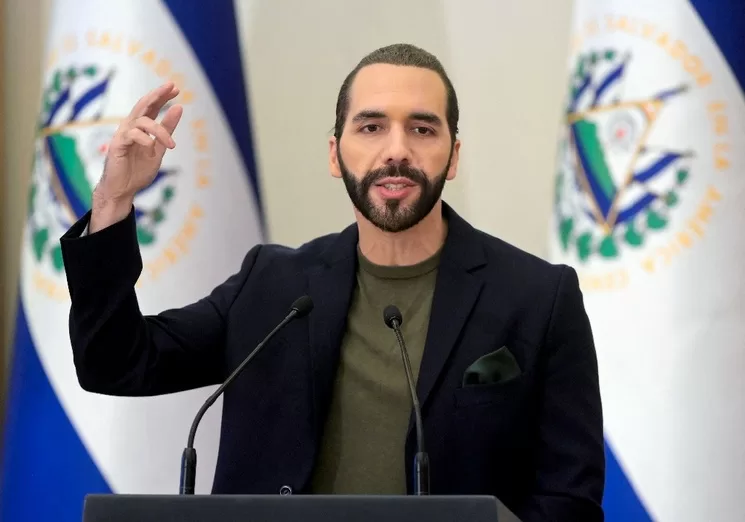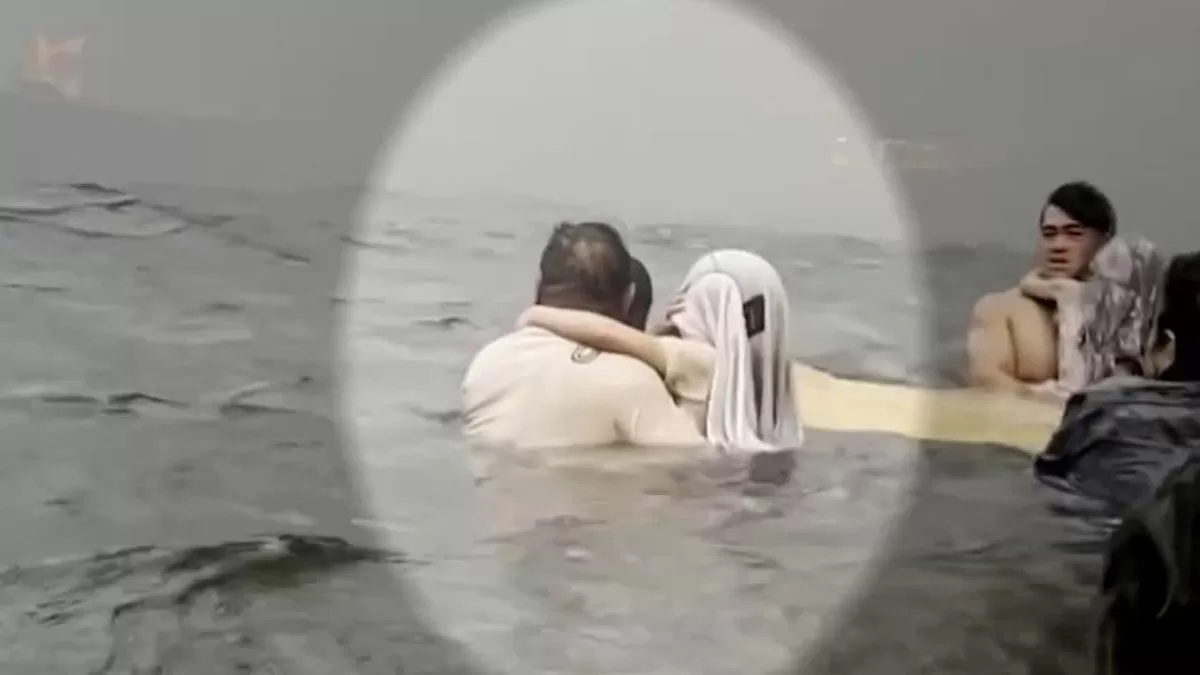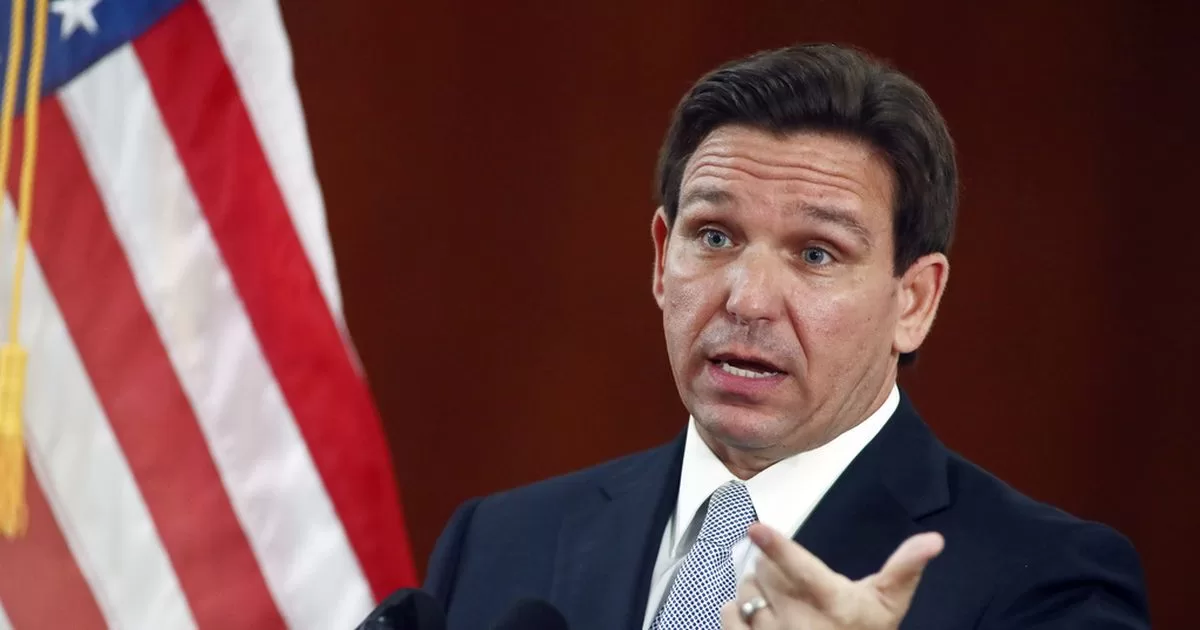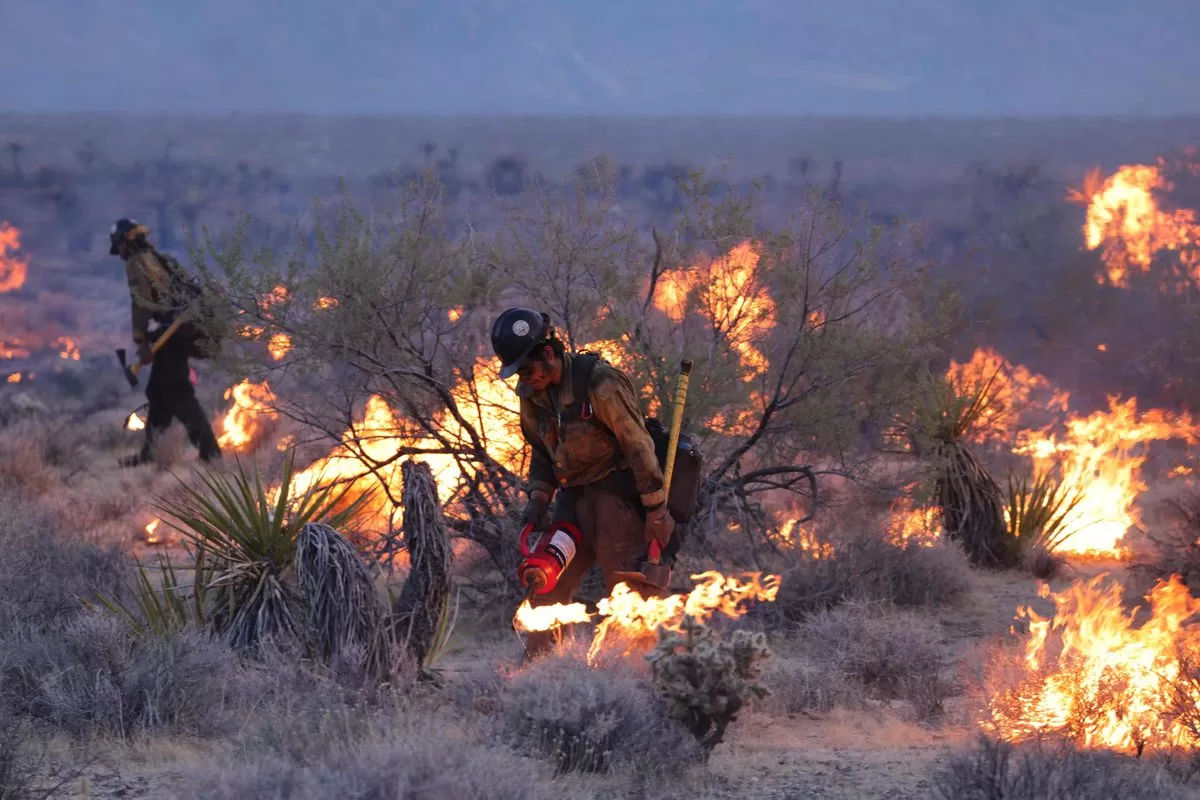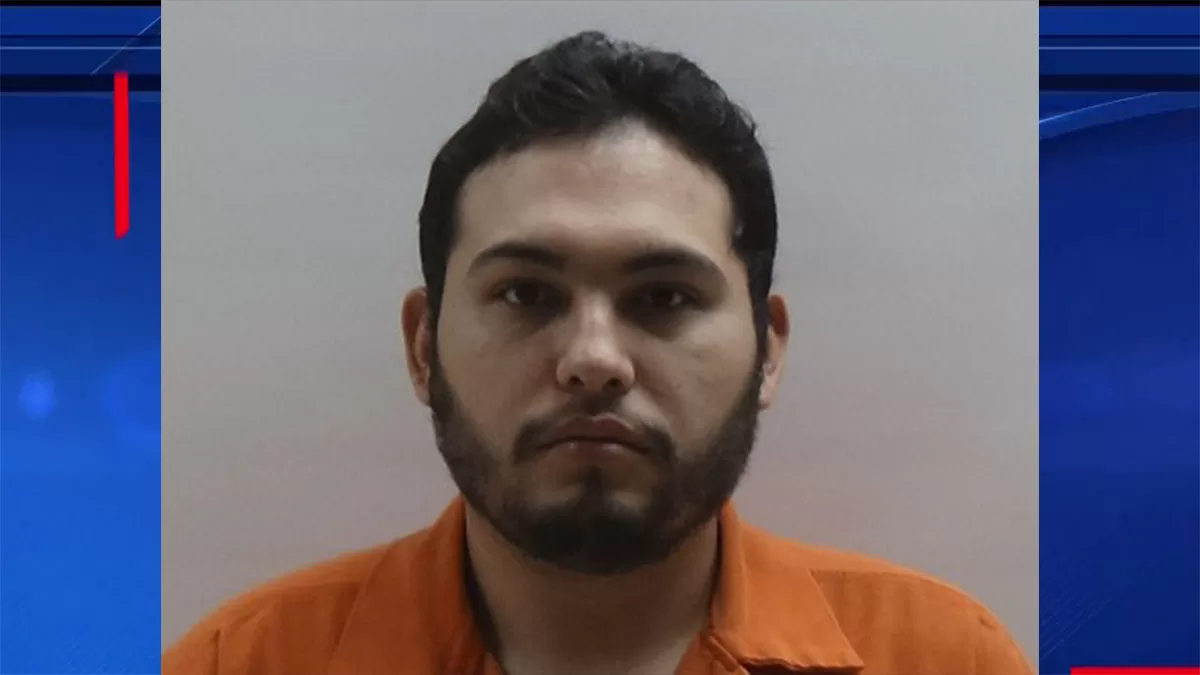Madrid. The Association of Journalists of El Salvador (APES) denounced this Thursday the criminalization of the journalistic profession by the Salvadoran president, Nayib Bukele, actions considered “one more step towards the consolidation of a police and dictatorial state.”
“In a deliberate and irresponsible act, the president points out to three journalists: Bryan Avelar, Héctor Silva Ávalos and our director of APES, Sergio Arauz, of having received confidential information suggesting that this could be a crime,” reads a statement from the agency. which refers to the investigations that affect the Bukele government and the official party, Nuevas Ideas.
For APES, “this type of accusation against journalists is one more step towards the consolidation of a police and dictatorial State that, in the face of revelations of corruption, uses all the resources at its disposal to persecute any suspicious public employee or official to share information that exposes the operation of the looting machinery of the public treasury that operates with total impunity in this government”.
Thus, from the association, they pointed out that “the president’s pronouncement works as a tacit threat to an essential link of press freedom” such as the sources of information: “Criminalize public officials and employees on suspicion that they have spoken with journalists brings us closer to totalitarian government systems such as those of Venezuela, Cuba and Nicaragua, countries where dissent is punishable by jail”.
The APES reminded the president and officials that the press has as a general rule “the confidentiality of the identity” of its sources, therefore a democratic government is obliged to respect said right, protected both nationally and internationally.
On the other hand, the journalists condemned “the dismantling” of the transparency system and the annulment of public spending control mechanisms, and denounced that the country “is going through an unprecedented opacity” that, therefore, “protects the corruption of those close to the current president” and that, in addition, “pursues those who become a potential threat to the opacity and impunity” of the Administration.
In this sense, they stressed the need for procedures and institutions to exist that allow the State to be accountable, while expressing their concern that the handling of confidential information is limited to the hands of the president.
In light of this statement, Reporters Without Borders (RSF) expressed its concern over accusations against journalists “that undermine the protection of sources, recognized in international treaties on freedom of expression.”
“The criminalization of the journalistic exercise poses a threat to democracies,” added RSF through a statement on its profile on the X social network, formerly known as Twitter.
Bukele published a statement on Wednesday reporting “the progress of the investigation” against former government National Security adviser Alejandro Muyshohdt, who would have acted, according to the president, as a “double agent” for former President Mauricio Funes.
“Within these operations, both leaked classified and in several cases modified documents, to journalists Sergio Arauz (of the digital newspaper El Faro), Bryan Avelar and Héctor Silva Ávalos, as well as to a foreign government and several citizens of other countries,” Bukele then pointed out.
The director of El Faro, Carlos Dada, reacted to the president’s publication, stressing that the newspaper’s policy “is not to confirm or deny that a certain person has served as a source for our journalists. It is the only way to protect those who deposit their trust us”.

